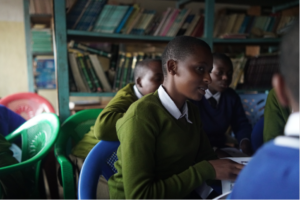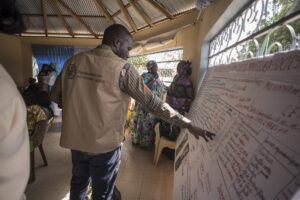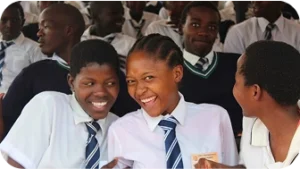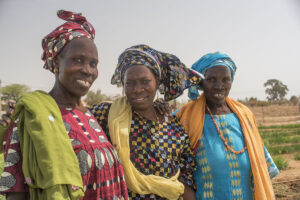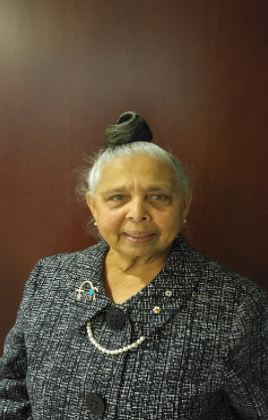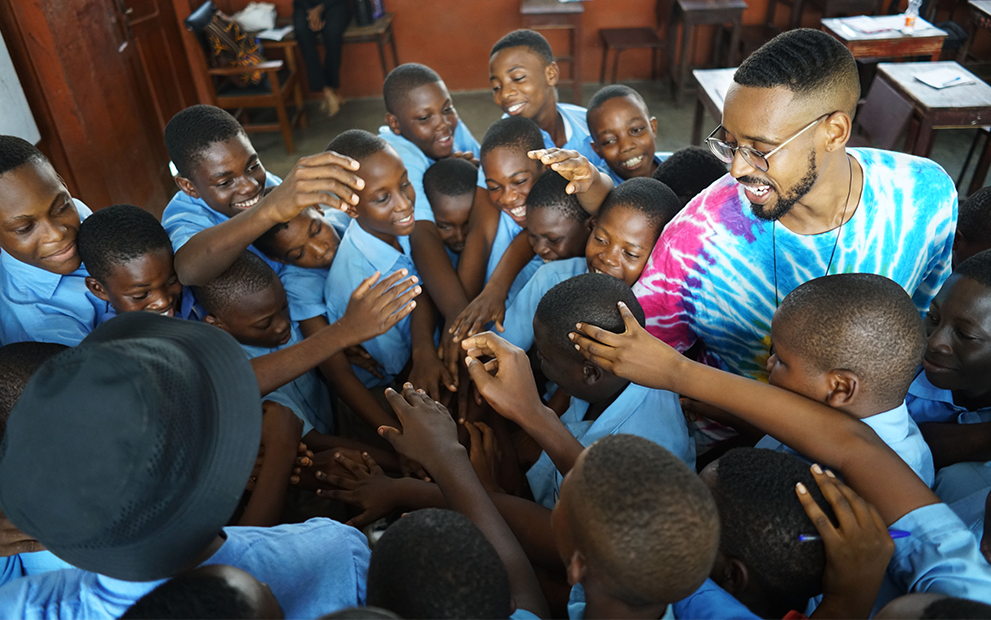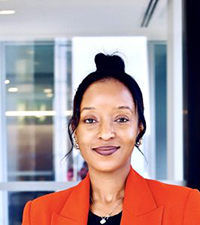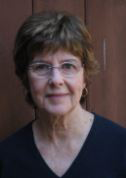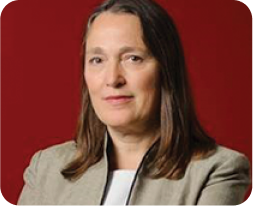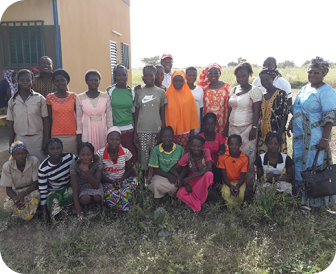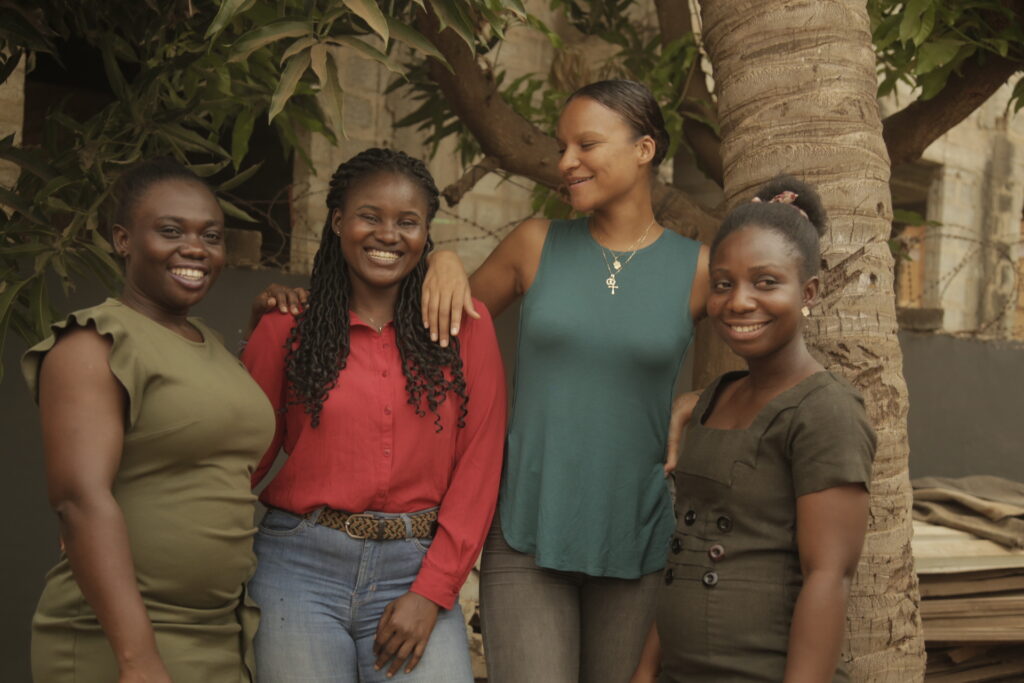
We cannot recognize enough the dedication of volunteers – in all sectors, across Canada and around the world. They are the lifeblood of so many organizations, and they exemplify responsible citizenship in action. I invite you to celebrate National Volunteer Week in Canada, April 24th – 30th.
It is also worth noting that volunteerism never stops. Consider, even in the most difficult times and devastating circumstances, there are still needs that can only be filled by people willing to donate their time, share their expertise, and sometimes, risk their personal safety. Think about all those acts of kindness and resourcefulness during the beginning of the COVID-19 pandemic when whole nations shut down and yet seniors still needed groceries and children still needed to learn – it was neighbours helping neighbours, families supporting teachers. Or now, with war in Ukraine and people from outside the country driving thousands of kilometres to pick up desperate refugees and bring them to safety.
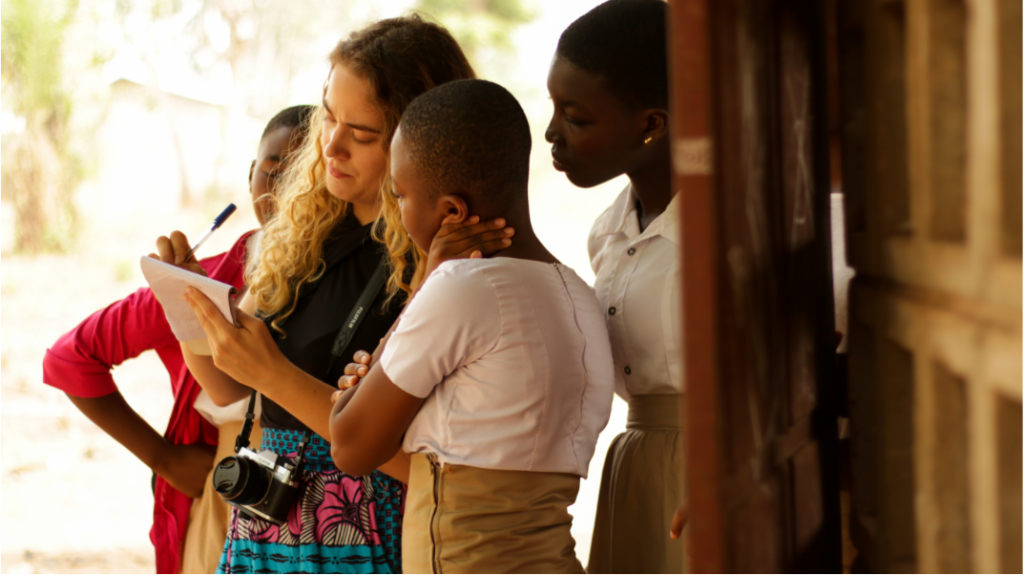
Of course, in Crossroads’ work, the risksto women’s health, security, and rights do not pause either, and a public health crisis and global instability heightens, not lessens these risks. It is why, right from the beginning of the pandemic, our organization adapted to be able to continue to connect Canadians with our partners in the South to support capacity building and to build a better world. We implemented e-volunteering and held online volunteering workshops. We also launched our “I am a Crossroader” campaign to mobilize Canadians into advocates for global change.
And Crossroads continues to have volunteers in the field, contributing to change. Stephanie Kumi, a young woman from Mississauga, Ontario, is one such person. Stephanie recently retuned from an eight-month placement in Ghana where she was volunteering with Crossroads’ long-term partner, WiLDAF. In her role as a communications specialist, Stephanie assisted WiLDAF in promoting the organization and expanding its awareness – and support – throughout the country.
Specifically, and very tangibly, Stephanie contributed to an advocacy campaign calling for patients to be able to obtain medical reports of gender-based violence, a needed step in the filing of police reports for women to access justice. Stephanie wrote the messaging for the campaign and contributed to the media relations and social media efforts.
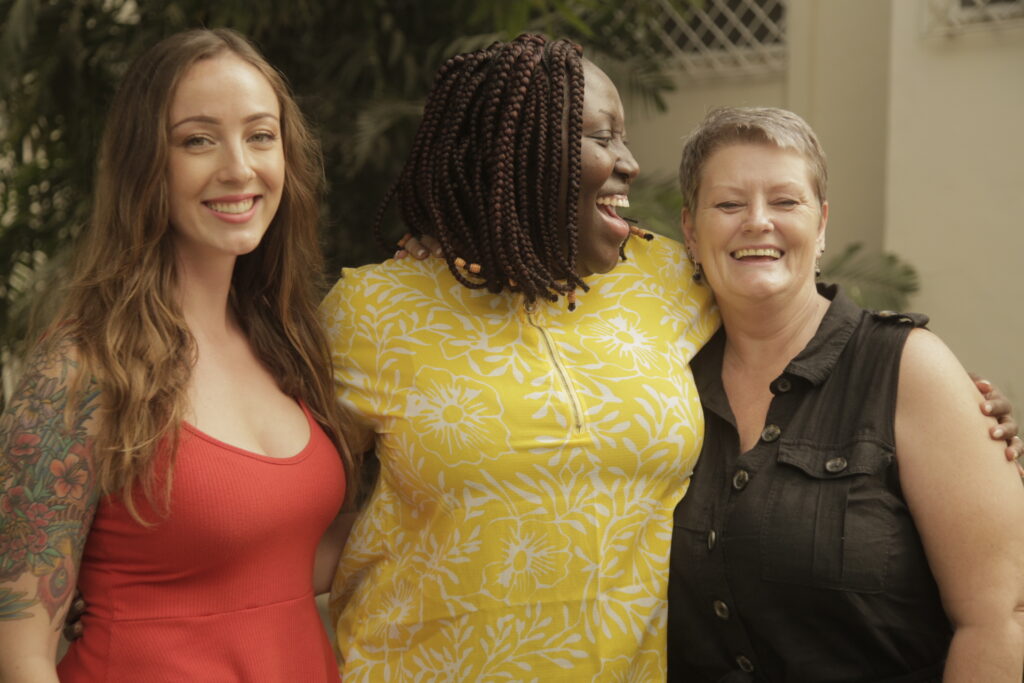
When Stephanie returns to Ghana in August she will be working on new projects, because as she herself notes the work is not done and there is more to do. Every context is different, and social, cultural and political change take time. Still, Stephanie is left hopeful and inspired and “gratified to know people have heard you and are applying what they learned”.
It is about making a difference, and volunteers like Stephanie are facilitating real change, doing needed work, behind the scenes. This is what we celebrate with National Volunteer Week. The reality is the need never stops.
Thankfully, neither do volunteers.
Heather Shapter, Executive Director

